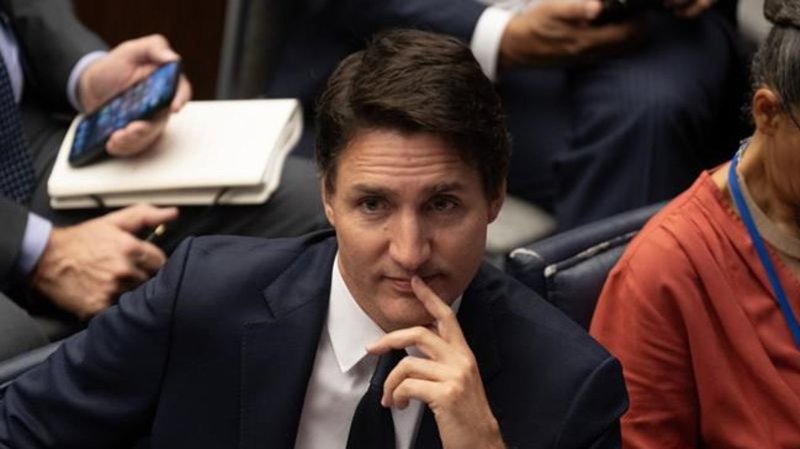
Trudeau promises progress on methane emissions, funding for poverty reduction at UN
WASHINGTON — Prime Minister Justin Trudeau says Canada will be able to exceed its targets for reducing methane emissions from the oil and gas sector.
Speaking at the Climate Ambition Summit at the UN, Trudeau says Canada will do better than slashing emissions by 75 per cent by 2030.
He also says Canada will allocate $700 million more to the Poverty Reduction and Growth Trust, a fund to help developing countries deal with climate change.
Trudeau says that marks an increase of about 48 per cent, more than any other country.
